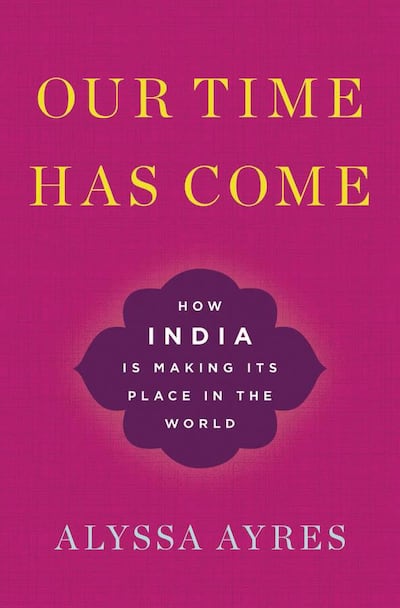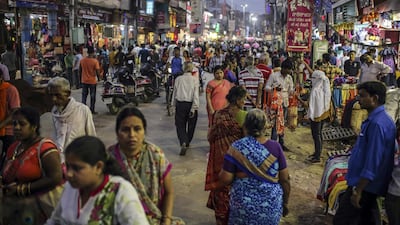Visiting Mobutu’s Zaire in 1975, V S Naipaul met “bright and friendly” people who believed “that with the economic collapse of the West … the tide is running Africa’s way”. Many of these people, Naipaul feared, “awakening to ideas of history, a knowledge of injustice and a sense of their own dignity, will find themselves unsupported by their society”.
With some obvious differences, something like this has been happening, in a much more diffuse way, in India since the economic liberalisation of the 1990s.
“I am confident that our time has come,” declared former Indian prime minister Manmohan Singh – the brains behind the economic reforms of the 1990s – to a meeting organised by the management consulting firm McKinsey in 2007. “India is all set to regain its due place in the comity of nations, as a plural, secular and liberal democracy”. A decade later, India is governed by a Hindu-supremacist political party, secularism is on life support and the largest state in the land is ruled by a chauvinistic Hindu priest whose least troublesome belief seems to be that Mother Teresa was part of a conspiracy to “Christianise” India.
A million men and women enter the job market each month, but there is no employment. More than 200 million people live in abject poverty. Against this grim backdrop, India’s current prime minister, Narendra Modi, does what Mobutu did: he “simplifies the world” and “simplifies people”, as Naipaul wrote.
His victory in the 2014 general election, he told a crowd, prompted the world to look at India “with deference”.

In London last week, aided by an embarrassingly obsequious emcee, Modi hypnotised a crowd of expatriate believers with boasts of India’s muscular foreign policy in the neighbourhood under his reign. This week, he will land in China, where, cut off from the usual fawning crowds, he will have to confront the unpleasant reality: a neighbourhood that is surrendering at lightning speed to Beijing.
Alyssa Ayres, who served as an assistant secretary of state for South Asia under US president Barack Obama, is a highly erudite and deeply sympathetic observer of India – one of a handful of Americans who have engaged with the country for decades.
Modi, she writes in Our Time Has Come, is "on to something" when he claims that India is being respected on the global stage. The craving for great power status among India's governing elites is not new; the wealth currently at their disposal is. India is treated with greater respect abroad today than in previous decades primarily because the state and people can today buy more of what the world has to offer. But as the lavish receptions thrown by world leaders in honour of India's prime minister have multiplied, so have the threats from Pakistan and China. What has dwindled, for all its nascent influence, is India's capacity to contain them.
No matter. India’s rulers and its monied beau monde, giddy with excitement at the prospect of superpowerhood, clamour for further economic reforms to accelerate growth without troubling themselves to address the uneven results of liberalisation.
As Atul Kohli and Amit Bhaduri, among others, have shown, economic reforms, while moving millions out of dire poverty and into tolerable destitution, have also created the most hideously unequal society on Earth. To lament the priorities of politicians in such conditions is not to question the desirability of growth. But at the very least, we ought to regard with some scepticism Ayres’s well-meaning prescription for further precipitate reforms – which, among other things, will require diluting the rights of workers – as the route to great power status.
Ayres has written a lucid and compelling book about India's aspirations and its rise on the international stage that confirms her as one of the pre-eminent international observers of the country. Her expertise, moreover, is not of a sedentary variety: Ayres has taken pains to discover India intimately, and every page of Our Time Has Come exhibits her deep learning. As she will know, the ambition not simply to remain secure in one's own land but to project power abroad and strong-arm weaker states – which is what "great power" almost always is in praxis, no matter how benign the theory from which it emerges – is profoundly at odds with India's history and ethos. Great power status in India has always been the obsession of a very tiny minority – and their time to indulge in reckless fantasies has come, alas, at the expense of India's majority.
_____________________
Read more:
'The Dictionary of Animal Languages' inspired by Leonora Carrington’s extraordinary life
New book on Adele explores the words and emotions behind the global successJordanian author wins 'Arabic Booker'
Book review: Sharlene Teo’s novel is a multifaceted and riveting debut
_____________________

